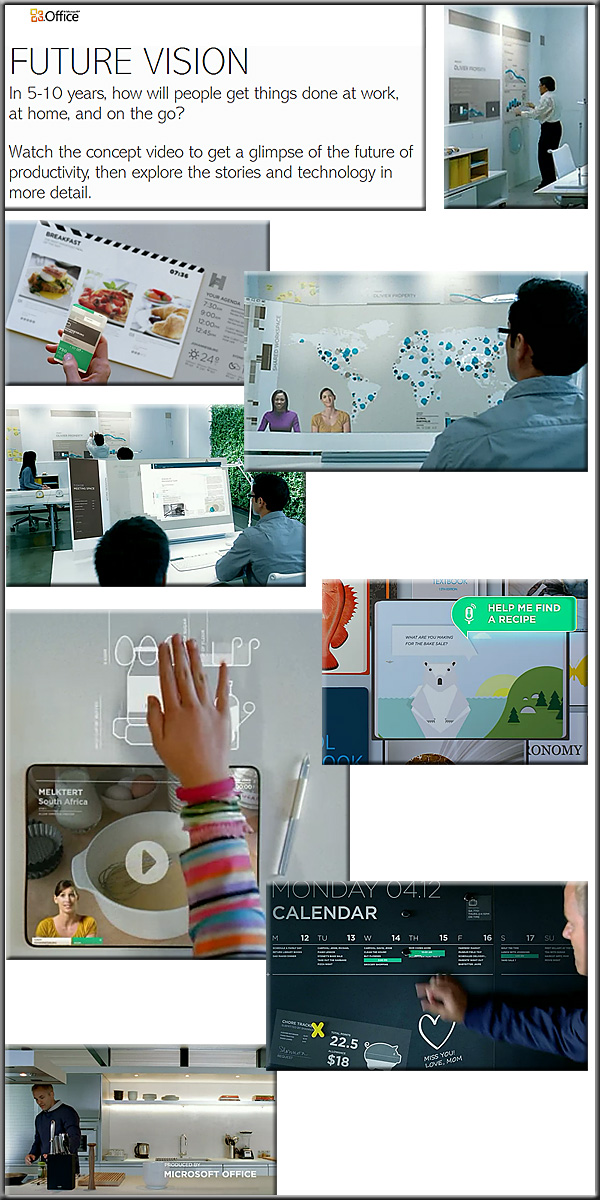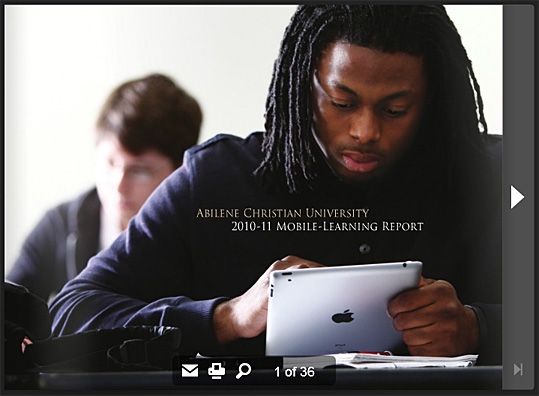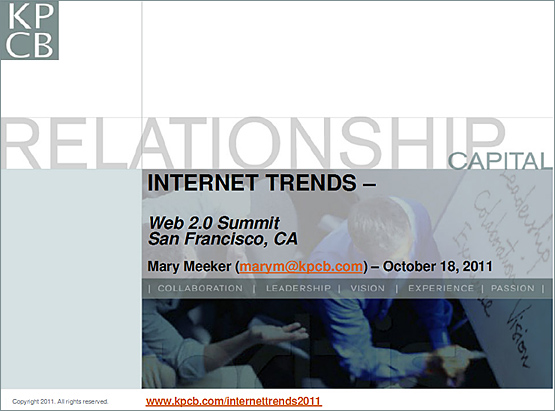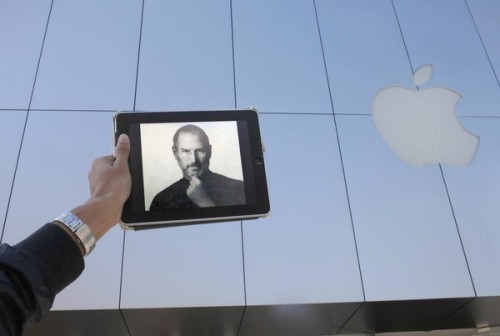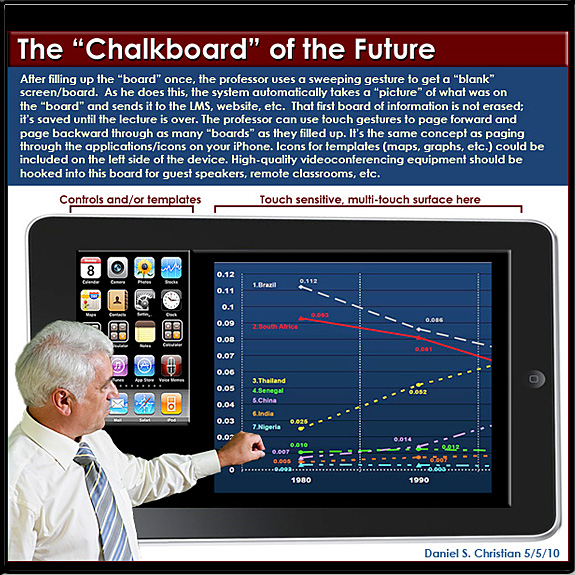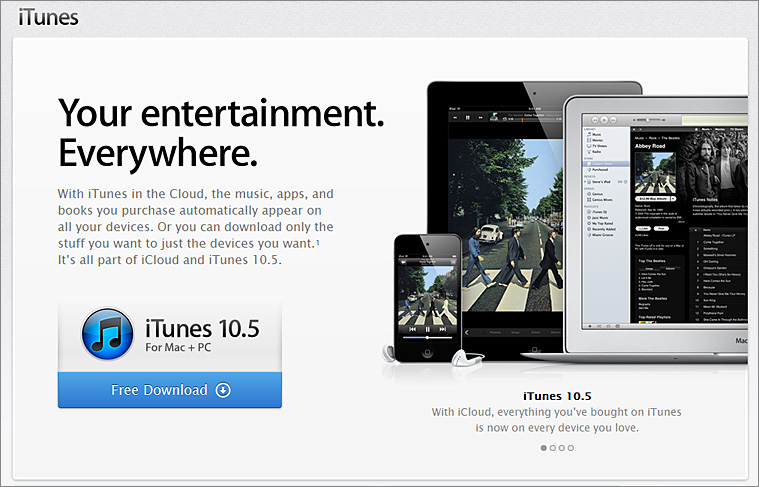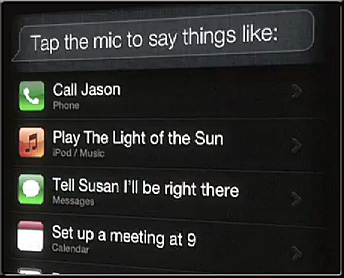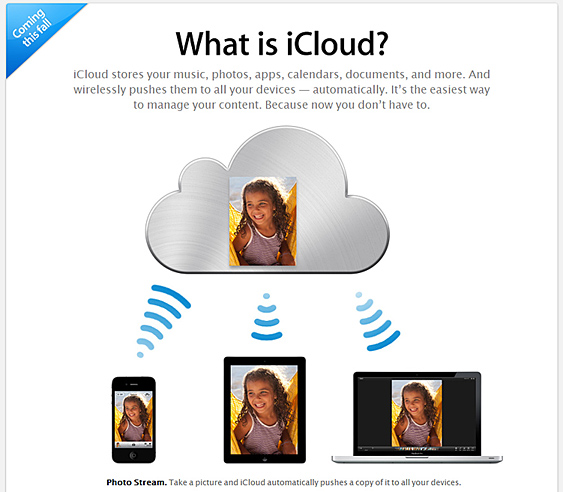Adobe moving towards HTML 5 for mobile computing-related apps
Some relevant articles on this announcement:
- Adobe to Outline Growth Strategy at Financial Analyst Meeting
- Some FAQs about Adobe’s announcements yesterday
- Tech stocks pounded, led by Adobe, CSC — from marketwatch.com
- Adobe Falls as Strategy Shift Raises Concerns
Excerpt:
Instead of Flash, Adobe is focusing on tools that can generate code in the newer HTML5 language… - Adobe moving towards HTML 5 for mobile computing-related apps
- Adobe Reaffirms Fourth Quarter FY2011 Revenue Target, Restructures to Align Business around Digital Media, Digital Marketing — from Adobe.com
Excerpt:
This will result in the elimination of approximately 750 full-time positions primarily in North America and Europe. - Adobe Stops Development of Mobile Browser Flash [REPORT] — from Mashable.com










